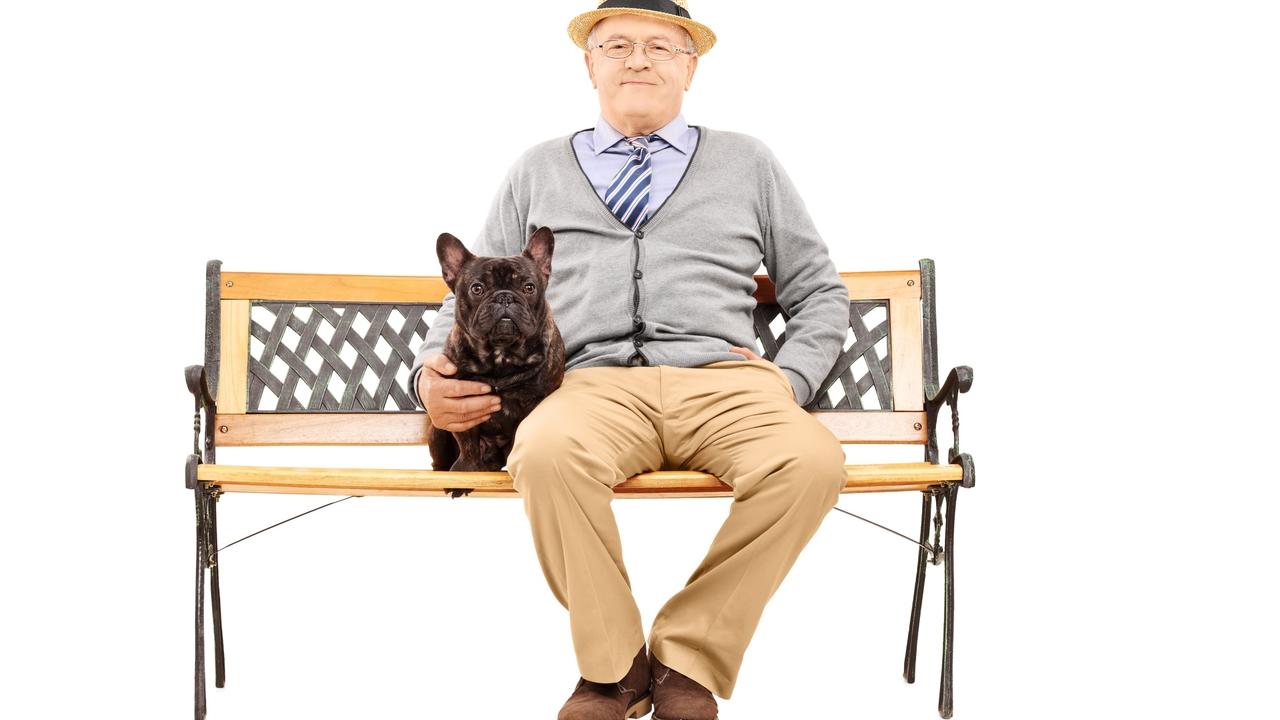
One of the biggest obstacles all dog owners have in common is training their pets. It can feel like an intimidating, mentally trying battle, but it’s well worth the effort.
Training a puppy gives you a chance to mold her manners and behaviour in the best possible way to fit into our human world. However, training an adult dog is another thing altogether.
You may have adopted an adult dog, or you’ve found that your dog has fallen into some bad habits. Regardless of the situation, you face the uphill struggle of re-training your dog into better habits.
As the infamous saying goes, ‘you can’t teach an old dog new tricks!”
Or, can you?
An older dog often has the ability to concentrate for longer periods of time, because they are more mature. This ability will help you to quickly improve her habits fairly quickly. All you have to do is focus on these three important keys.
The first factor you must put an emphasis on when attempting to re-train your dog is to the take time to understand what the issue really is.
When you’re training a puppy you’re essentially working with a blank slate, but an older dog has developed certain habits that will need to be changed.
It’s important at this stage to ask yourself:
- What exactly is the behaviour related problem?
- If your dog has been adopted, is it something she has been trained to do?
- Or, is it simply an age related problem?
Even if you’ve had your dog all her life, you’ll find that her social relationship with you and your family can change, especially around a year or two in age, when they hit adolescence. Understanding and empathizing with these changes will help you effectively deal with the issue at hand.
The one thing humans and dogs have in common is the need to use our brains and bodies. Make sure you’re the right amount of physical and mental fitness with your dog because, as the saying goes, “if you don’t use it, you lose it.”
You’ll actually be surprised by your adult dog’s capability to learn new things. Their advanced age gives them an increased capability to concentrate more, but the changes won’t happen overnight.
Patience is the key.
Remember, your dog easily picks up on your state of mind – there is a reason they come and snuggle when you’re feeling down. They also know when you’re frustrated, and sometimes trying to fix behavioural issues can be challenging. Training should be done in short sessions, so you and your dog get a break and can be your best.
And also remember that sometimes you might need a little outside help, and that’s where a certified trainer can give you some pointers to get going in the right direction. Your relationship with your dog should be fun, and a great trainer can help make that happen.
Maybe the most important factor to training your adult dog is consistency. Dog’s love routine at any age and will adapt fairly quickly, as long as you are consistent.
If communication is an issue, and your dog simply doesn’t listen to you when you ask her to sit, lay down, stay or even come when called, then make it worth her while. Use small treats when training your dog, and at the same time giver her lots of praise. Eventually, you’ll be able to get her to listen you with praise alone.
It’s important to train daily. Repeating your actions will help form the habit, and your consistency will result in your dog giving the desired behaviour. Afterall, they really do want to make you happy!
The importance of routines and schedules will immensely help you train your adult dog. However, if you want to take things a further, look into doggy daycare where your dog gets trained while they’re there, like dogma’s day school.
At dogma’s day school, your dog learns a variety of skills while focusing on active socialization, giving your dog new consistent learning experiences on a daily basis. Your dog will get daily training, structure and routine the same way humans do in school, improving their behaviour, while they have a ton of fun! Click here for more information.
Behavioural problems in dogs can happen at all ages and are typically human taught, but in every case it can be fixed. It all comes down to understanding your dog’s issues before acting accordingly. Remember, it’s a journey that might test your patience, but with enough consistency you’ll soon have a dog with amazing manners.




